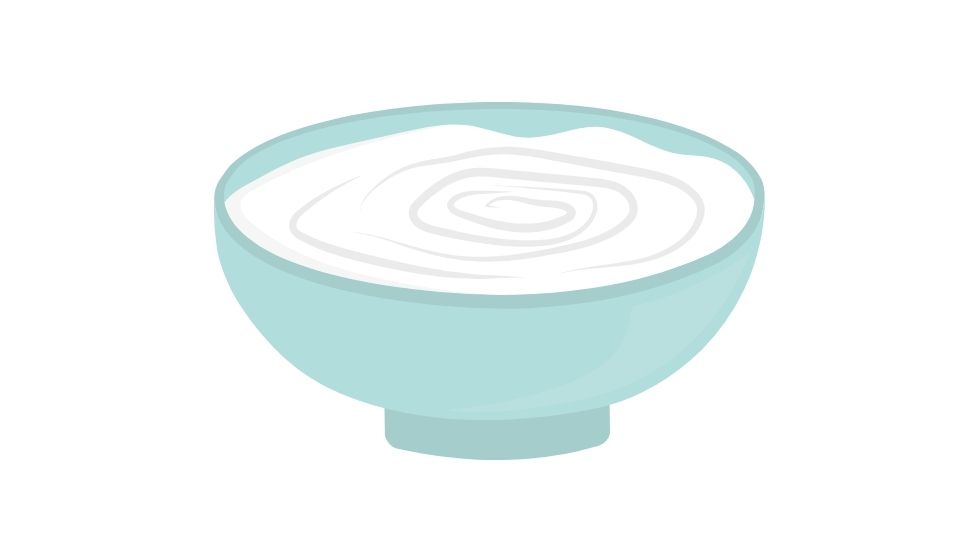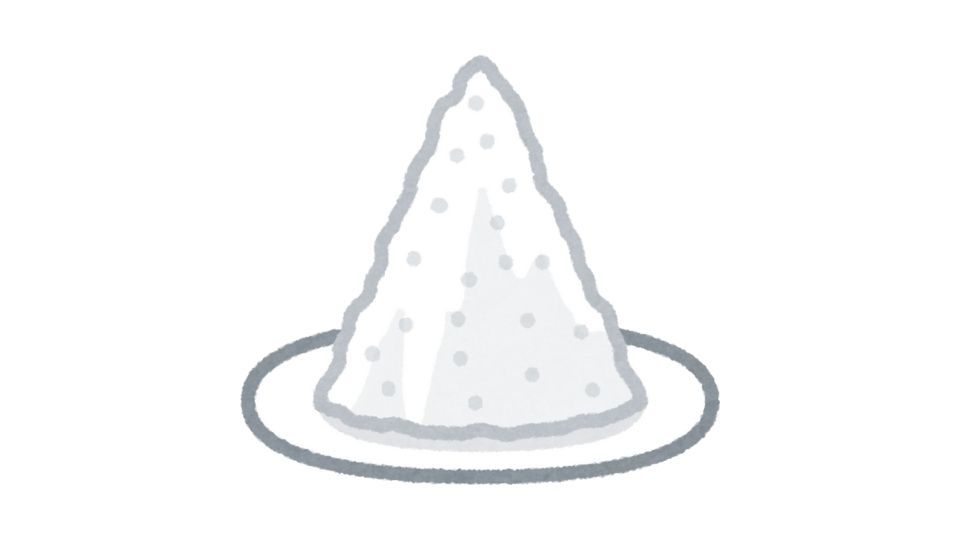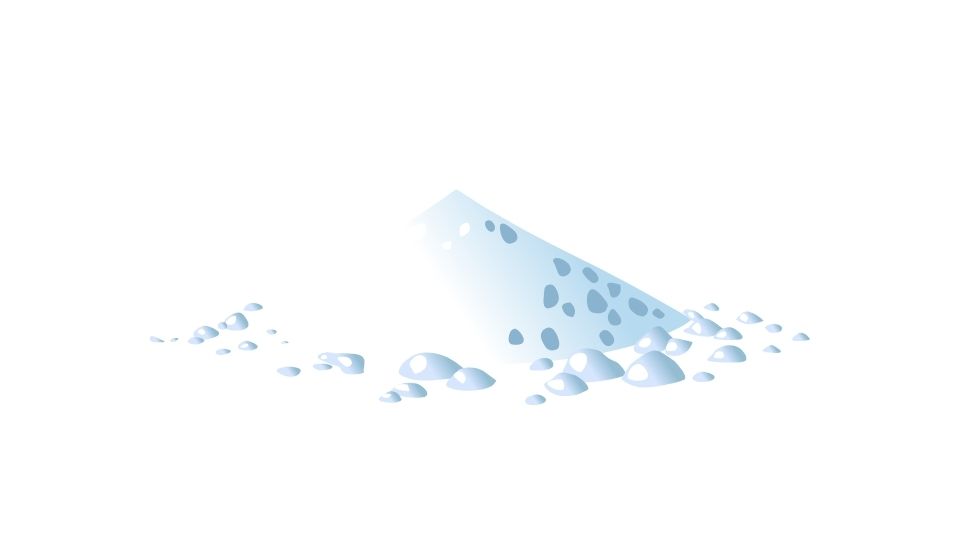Is Protein Powder Safe? What Science and Experts Say

Ever found yourself staring at the protein powder aisle, wondering if that giant tub of muscle fuel is going to help you get shredded or just slowly poison you?
You’re not alone. With countless brands promising everything from “explosive gains” to “clean nutrition,” it’s hard to know what’s actually safe to put in your body.
I’ve dug through the research to separate fact from fiction when it comes to protein powder safety. Spoiler alert: it’s not all bad news, but there are definitely some things you should know before you start scooping.
Is Your Protein Powder Poisoning You?
Let’s get real – protein powders aren’t all created equal. Some are meticulously tested and manufactured with quality ingredients. Others well, let’s just say they might contain more than what’s on the label.
The Heavy Metal in Your Smoothie (and I Don’t Mean Iron Maiden)

One of the biggest concerns with protein powders is heavy metal contamination. We’re talking lead, cadmium, arsenic, and mercury – none of which you want building up in your body.
A nonprofit called Clean Label Project tested 160 protein powders and found some pretty alarming results:
- Nearly half exceeded California’s safety limits for lead
- Some contained multiple times the allowed levels of lead and cadmium
- Plant-based powders (soy, rice, peas) often had higher levels of these metals compared to whey
- For some reason, chocolate-flavored powders had more contamination than vanilla ones
Heavy metals can accumulate in your body over time and have been linked to neurological damage and increased cancer risk. Not exactly what you’re looking for in your post-workout shake.
But before you panic and throw out all your supplements, a 2020 scientific risk assessment concluded that typical protein powder consumption doesn’t pose a significant health risk from heavy metals. The exposure levels generally remain within ranges observed in the general population.
Beyond Heavy Metals: What Else Is Hiding in Your Powder?
Besides the metals, many protein powders contain artificial additives, pesticides, and industrial chemicals. These can potentially mess with your immune function and overall health if you’re chugging them daily for years.
And then there’s the digestive drama. Poor-quality powders packed with artificial sweeteners or preservatives can have you running to the bathroom with bloating, gas, or diarrhea. This is especially true with whey protein if you’re even slightly lactose intolerant.
Your Organs Might Not Love Protein Powder as Much as Your Muscles Do

From a health perspective, protein powder—especially whey protein—may have adverse effects on liver and kidney function if you’re going overboard for extended periods.
Some studies have linked excessive whey protein supplementation to:
- Potential liver and kidney stress
- Acne breakouts (hello, high school flashbacks)
- Emotional or behavioral changes possibly related to altered serotonin
Whey protein also contains beta-lactoglobulin, a common allergen that can trigger reactions ranging from mild tummy troubles to severe anaphylaxis in people who are allergic.
If you have existing liver or kidney issues, approach protein powder with caution and definitely talk to your doctor first.
The Nutrition Trap: More Isn’t Always Better
Many protein powders are surprisingly high in added sugars and calories, which can totally sabotage your health goals if you’re not paying attention to the label.
And if you’re replacing whole foods with powder, you’re missing out on all the nutrients that come packaged in real food. Your body processes protein differently from whole foods like eggs, beans, chicken, yogurt, and fish – plus you get fiber, vitamins, and minerals that don’t come in your scoop.
How to Use Protein Powder Without Wrecking Your Health

Alright, so protein powder isn’t perfect. But it can still be a convenient addition to your diet if you use it smartly. Here’s how:
Choose Quality Over Price (Your Body Will Thank You)
- Pick products tested and certified by third-party organizations to minimize contamination risk
- Go with reputable brands that are transparent about where they source ingredients
- Avoid powders with excessive additives, artificial sweeteners, or mysterious “proprietary blends”
- Consider whey protein if you don’t have dairy issues; if you’re vegan or lactose intolerant, just be extra picky about plant-based options since they tend to have higher metal risks
Use It as a Supplement, Not a Replacement
- Watch your portions – most people only need around 46-56 grams of protein daily (unless you’re an athlete or bodybuilder)
- Think of protein powder as a supplement to your diet, not a substitute for actual food
- If you have allergies, kidney or liver disease, or other chronic health conditions, talk to your doctor before going protein-powder crazy
- Pay attention to how your body responds – if you’re getting digestive issues or skin problems, your body might be telling you something
The Bottom Line on Protein Powder Safety

Protein powders are generally safe for healthy people when used in moderation. The key word here is moderation.
The concerns about heavy metal contamination and potential side effects are real, but they shouldn’t keep you up at night if you’re choosing quality products and not living on protein shakes alone.
Your best bet? Choose high-quality, tested products, use them occasionally when whole foods aren’t practical, and keep your diet focused primarily on real, nutrient-dense foods. Your gains—and your health—will thank you.
Remember, no supplement is worth compromising your long-term health. Protein powder should help you reach your goals, not create new problems.

